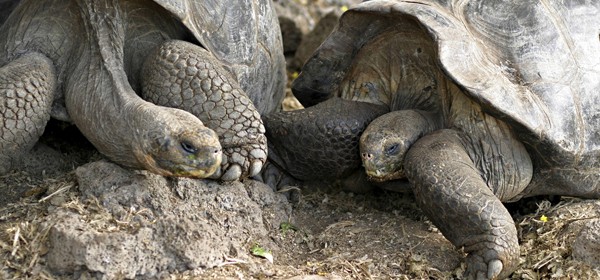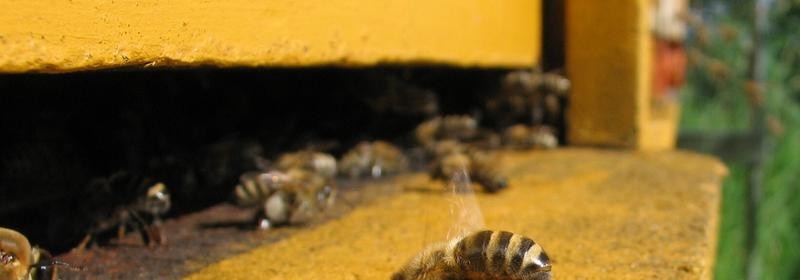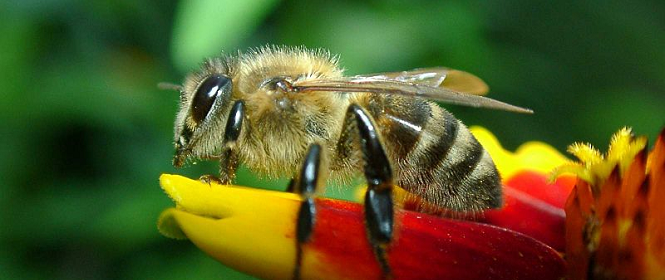Africa’s disappearing lions

Africa’s lions are dwindling toward extinction at an alarming rate, Duke University researchers say. Using new high-resolution satellite data from Google Earth, they’ve discovered that the savanna habitat that lions need to survive has shrunk by 75 percent over the past 50 years and is far more fragmented than conservationists previously realized. Over the same period, the lion population is […]
Read more







